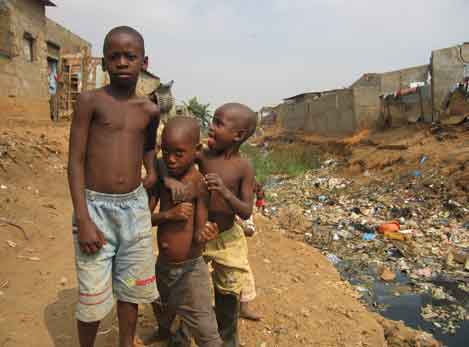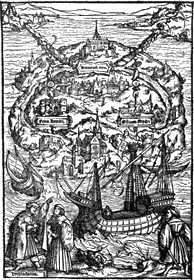I grew up in a musical family.
My father played in a band
and was a member of the Air Force traveling show "Tops in Blue" early in his career. My
brother played multiple instruments, and enjoys songwriting and producing even
today. I loved the fact that music was often being played in our home. Whether
it was my dad on the guitar, my brother on the trumpet or piano, or my mom
feigning opera, there was a lot of music around. I took piano lessons for a few
years in elementary school and I never connected to the act of playing music. I
considered joining the orchestra in middle school, but was more attracted to
theater and speech. I considered myself, for most of my life, "not musical."
I realized in the past several years, however, that I am
indeed "musical." My connection to music comes through movement…
through dance. I am not drawn to playing or singing music. Rather, I connect to
rhythm, melody, and harmony through dance. I simply cannot sit still when
hearing good music! If you've seen in me in Sunday Services, I struggle to stand and
sing without tapping my feet, clapping my hands, bobbing my head, or swaying
my hips. I feel music more than I hear it.
I took years of dance training, including
ballet, modern dance, jazz, and even hip-hop in graduate school. But I am not what you would call a "good dancer." Not in the traditional sense of the word. I'm never in
the front row while performing. I'm not particularly graceful. But I love the
feeling of allowing my body to do what it wants when the rhythm strikes.
I learned to let go of my preconceived notions about dance
and movement in college, when I took a Dancehall Jazz class. The class was
taught by a man from Jamaica, and we mostly danced to songs by Beyonce'. He would
work and work with us to learn the steps, then he would tell us to "forget
everything and just feel it".
At the time of that
class, I was struggling in my life. I was battling an eating disorder,
anorexia, which had twisted my mind and made me believe my body was an enemy. I
thought I should control my body, and take up less space. But Marlon, my
teacher, helped me learn to trust my body, to work with it rather than against
it, and to listen to my body's needs and wants, and not just my mind's. He
taught me to take up more space. "Bigger movements!" he would shout.
"Bigger hips!" "Bigger eyes!" …And with that, I was on the
beginning of a journey of integrating my head, my heart, and my body. My arms,
my legs, my torso, my bottom, my feet, and joints… All of these parts together
made me whole.
I am glad that particular struggle in my life is past. But I know I
still struggle, as I know many of you do, with body-acceptance. We are taught
to be thinner, or stronger, or taller, or faster, or louder, or quieter. We worry
about our noses, and our hair, and our freckles, and our skin tone. Dance, for
me, is one way to remind us that our bodies are good. We should care for our
bodies, feed them well, allow them rest, and listen to their needs. We should
also be grateful for our bodies. My best friend Jenn, who died four years ago
from Muscular Dystrophy, was wheelchair-bound and very limited in her movements.
But she was an excellent dancer. The joy she radiated when she bobbed her head,
moved her hands, and allowed her friends to spin her in her chair, is what made
her a good dancer. We only get one body. Let's make the most of it!
Betsy Kraning, our UUCA Music Director, loves to say
"anyone who can talk, can sing." I love to say, "anyone who can
move, can dance." It is a natural
thing.
Look at this video of these tiny babies dancing to their father's music:
This is why I am hoping you will come out to the 1st Annual
"Dancing on the Side of Love" dance on Saturday, February 9, from 5-8:00pm. We'll provide heavy snacks and
non-alcoholic drinks and great tunes from all generations to get people of all
ages dancing together. Most of the songs will be free-dance (like you remember
from your school days). But from time-to-time we'll introduce a song with a
particular dance. Think: Hokey Pokey, Hand Jive, Electric Slide, The Twist, Soulja Boy, or Gangnam Style.
We'll invite people who know the dance, to teach it. And if you don't
know it, to try to learn it!
This dance will be an exercise in Beloved Community. We will
be working together to learn from one another, as well as being willing to try
new experiences, and possibly mess up! But then we'll try again, and help each
other out. It's all in good fun, and a way to have fun with your UUCA
community.
If you want to see some brief snippets of the dances we might be trying,
here's a funny video: http://www.youtube.com/watch?v=dMH0bHeiRNg
Dance can just be a fun way of connecting to music, and connecting to community.
I hope you'll join us!
Blessings... -Rev. Christina
















